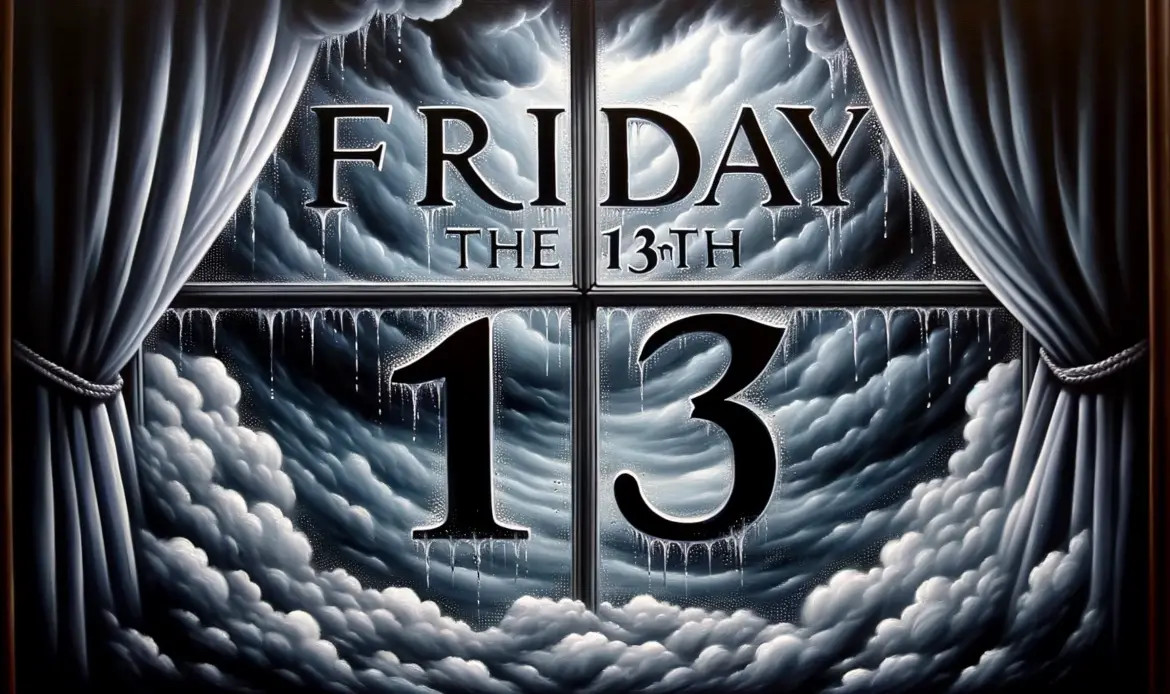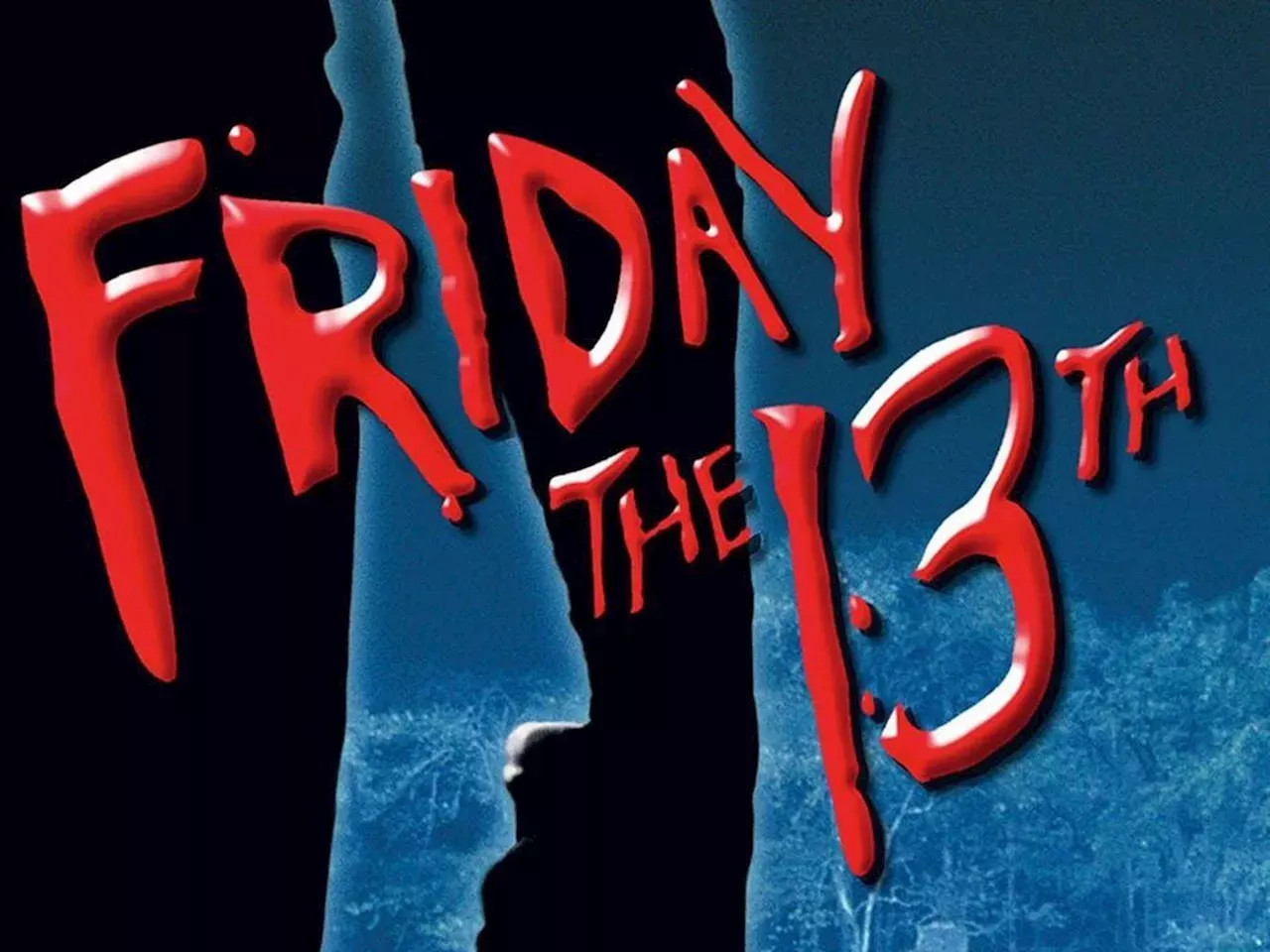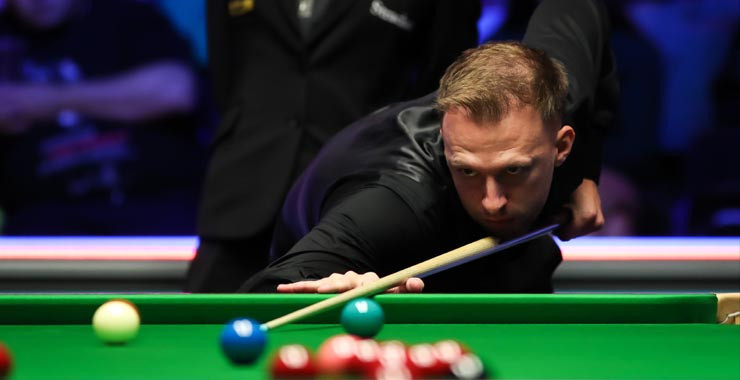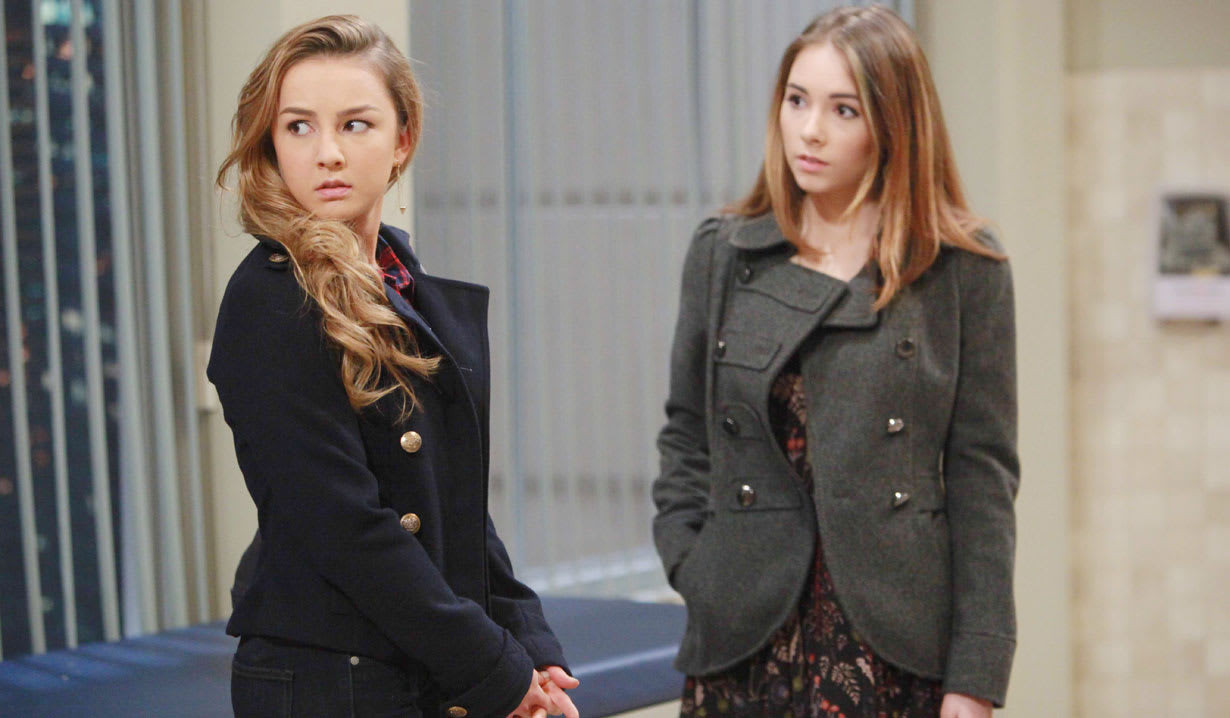The 13th: A Superstition with a Price Tag
Have you ever heard of the phrase "Friday the 13th?" Many consider it a day of bad luck, and according to recent analysis, this superstition seems to extend to the world of real estate. Data from Rightmove, a leading UK property website, reveals that Friday the 13th is the quietest day for house sale completions, compared to any other Friday. This suggests that the fear of the unlucky number 13 might be influencing buyers' decisions.
The 13th: The Unluckiest House Number?
The superstitions surrounding the number 13 don't stop at Friday the 13th. Research by Rightmove discovered that houses numbered 13 are valued significantly lower than the average. In fact, these properties are valued at £5,521 less than the average property price of £364,139. This means that homes with the number 13 could be a good bargain for savvy buyers willing to embrace the superstition.
The Power of Perception
The impact of these superstitions on home prices reveals the influence of perception. The belief that the number 13 is unlucky can create a tangible impact on the real estate market. This highlights how cultural beliefs can shape economic trends. For example, houses numbered 13 often face a stigma, impacting their perceived value and, consequently, their market value. The belief that the number 13 is unlucky can create a self-fulfilling prophecy, with buyers avoiding properties with this number, further depressing their prices.
The Other Side of the Spectrum
While some numbers are considered unlucky, others are perceived as fortunate. Rightmove's analysis found that houses numbered one are typically valued at £397,632, significantly higher than the average. Homes with the number seven, often considered a lucky number, have an average valuation of £369,770. This further highlights how cultural beliefs can influence the market.
The Number 13: A Potential Advantage?
Despite the negative perception surrounding the number 13, savvy buyers could potentially benefit from this superstition. They might be able to negotiate better deals on properties with this unlucky number, capitalizing on the reluctance of others. Tim Bannister, Rightmove's property expert, suggests that these potential savings could be used for stamp duty or other moving expenses, potentially making the number 13 lucky after all. This highlights a key aspect of the real estate market: the ability to identify and leverage market inefficiencies, often created by unfounded beliefs.
The Number 13: A Cultural Phenomenon
The perception of the number 13 as unlucky transcends the real estate market, reflecting a deep-seated cultural phenomenon. This fear stems from a range of factors, including religious and historical beliefs. In Western culture, the number 13 is associated with the Last Supper, where Jesus was betrayed by Judas, the 13th guest at the table. This association has contributed to the negative perception surrounding the number 13. Many hotels and buildings even skip the 13th floor to avoid upsetting potential guests and tenants.
The Future of the 13th
Whether the stigma surrounding the number 13 will fade away in the future is uncertain. However, the real estate data suggests that this superstition continues to influence buyer behavior. The impact of these beliefs can be both negative and positive, depending on the perspective. For buyers seeking a bargain, the number 13 could present a unique opportunity, challenging the traditional notion of luck. For sellers, it may be a reminder that cultural beliefs can have tangible economic consequences. Ultimately, the future of the number 13 in real estate will likely be determined by a combination of cultural evolution and individual preferences.
A Numbers Game: Where is the Luck?
As the real estate market continues to evolve, it will be interesting to observe how these superstitions change and whether they continue to influence buyer behavior. Whether you believe in the luck of the number 13 or not, one thing is certain: the power of perception can influence market trends, shaping the decisions of buyers and sellers alike. The next time you are considering a house purchase, remember that luck might just be a matter of perspective, and that the numbers on the door might hold more than just an address.


















